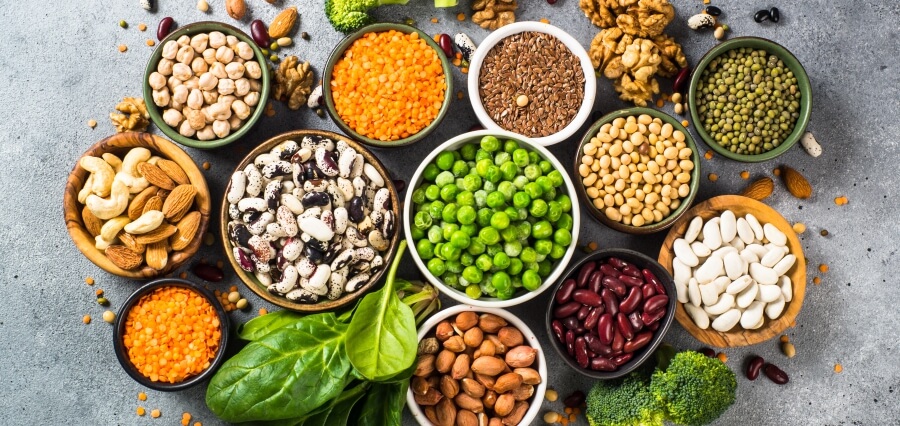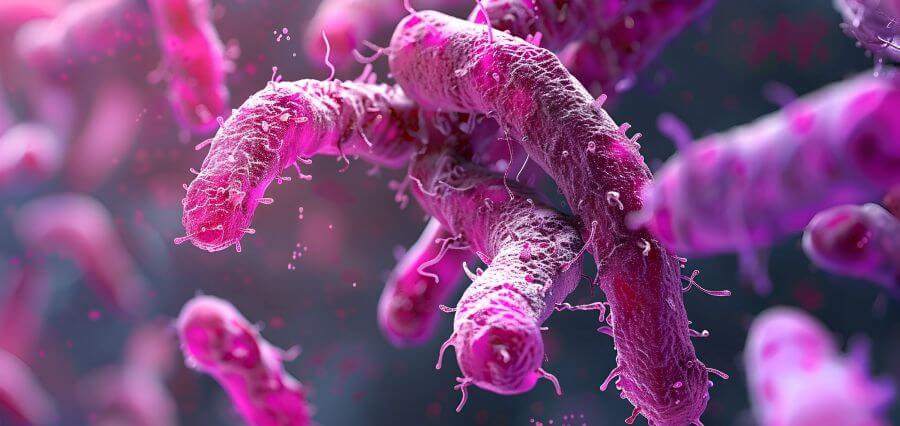More scientific evidence is now available to support the claim that plant proteins are the “unsung heroes” of nutrition.
According to a recent large-scale study, women who eat more plant protein can reduce their chance of developing cancer and heart disease in later life.
By examining data from 48,000 women between 1984 and 2016, researchers also found that there was a roughly 50% greater likelihood of a healthier old age for those who consumed more plant protein.
Indeed, in addition to significantly lower rates of cancer and heart disease, the research team also observed lower rates of diabetes and a decline in cognitive and mental health in women who consumed high amounts of plant-based protein.
“Eating protein during midlife has been associated with enhancing well-being in later life,” Dr. Andres Ardisson Korat of Tufts University in Boston stated.
Additionally, we discovered that protein supply matters. It appears that consuming mostly plant-based protein in midlife, together with a moderate quantity of animal protein, is beneficial for maintaining excellent health and longevity.”
The study’s sample of 38–59 healthy women was found to have a 6% lower chance of maintaining their health as they aged when they consumed higher amounts of animal protein, which included dairy, eggs, fish, and cheese.
Unlike animal protein sources like meat and dairy, plant proteins are produced from sources like legumes and nuts.
Registered dietitian Rimas Geiga explains, “What sets them apart is not just their origin, but their composition.”
“Compared to animal proteins, plant proteins frequently have a lesser profile of important amino acids; however, they more than make up for this with their wide range of other nutrients. They frequently have lower amounts of cholesterol and saturated fats and are rich in phytonutrients, fiber, and antioxidants. They are therefore a comprehensive option for people looking for a balanced diet.”





